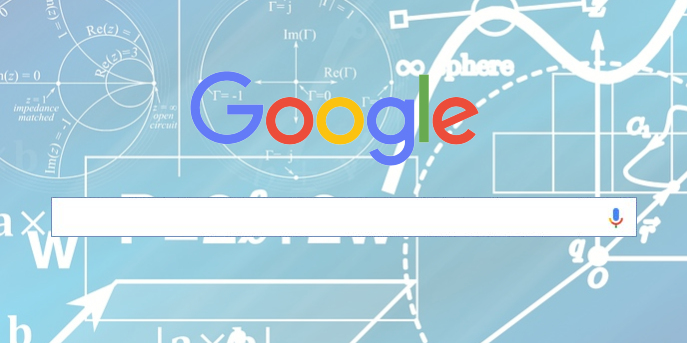
The stated aim of Google is "to help users quickly find the best answers to their questions, regardless of the device they're using". For this reason, since April 2015 a website's "mobile-friendliness" has been taken into account during Google's ranking process for searches performed on mobile devices, and it is now quite unusual to encounter a website that is not easy to read on mobile devices. Not having to zoom to read a website's content is one thing, but we are probably all now used to encountering websites that make it hard to actually access their content because of the use of "interstitials". These overlays visually obscure the website's content and frustrate users because they are unable to easily access the content they were expecting when they clicked on a search result.
On January 10th 2017 Google announced a change in their algorithms that results in poorer rankings for web pages that prevent content being easily accessible. This change will only affect web pages where the content is obscured on the transition from the mobile search results - it will not affect web pages that use interstitials on the transition between pages within the website, and will not affect search results on laptops or computers. In March, Google's John Mueller confirmed that some kinds of chat box (of the sort that try to engage you when you arrive at a website) can also result in a penalty if they take up too much of the screen or are too hard to dismiss. Google has provided details of some situations where interstitials will have no effect on rankings:
- Interstitials used to fulfill a legal obligation (such as the EU Cookie Law)
- Login screens on sites where the underlying content is private
- Advertising banners that don't use too much screen space and that are easily dismissed by the user (such as app install prompts)
If your search engine rankings are affected by this, Google's John Mueller recently confirmed that your rankings will not recover until you have removed the intrusive interstitial and your website is re-crawled by Google. Different web pages on different websites are visited by Google's crawlers at different rates, usually depending on the quality and the update frequency of your website - so it could take anywhere from a few days to a few months for your website to recover.
As it continues in it's quest to make the mobile web a better place, Google's recent algorithm changes may irritate some website owners, but do nothing but benefit the majority of mobile internet users. There is also a good lesson here - and that is that if you make your websites as user-friendly and least frustrating as possible across all devices, your search engine rankings will ultimately benefit.
Last updated: 11th April, 2017


